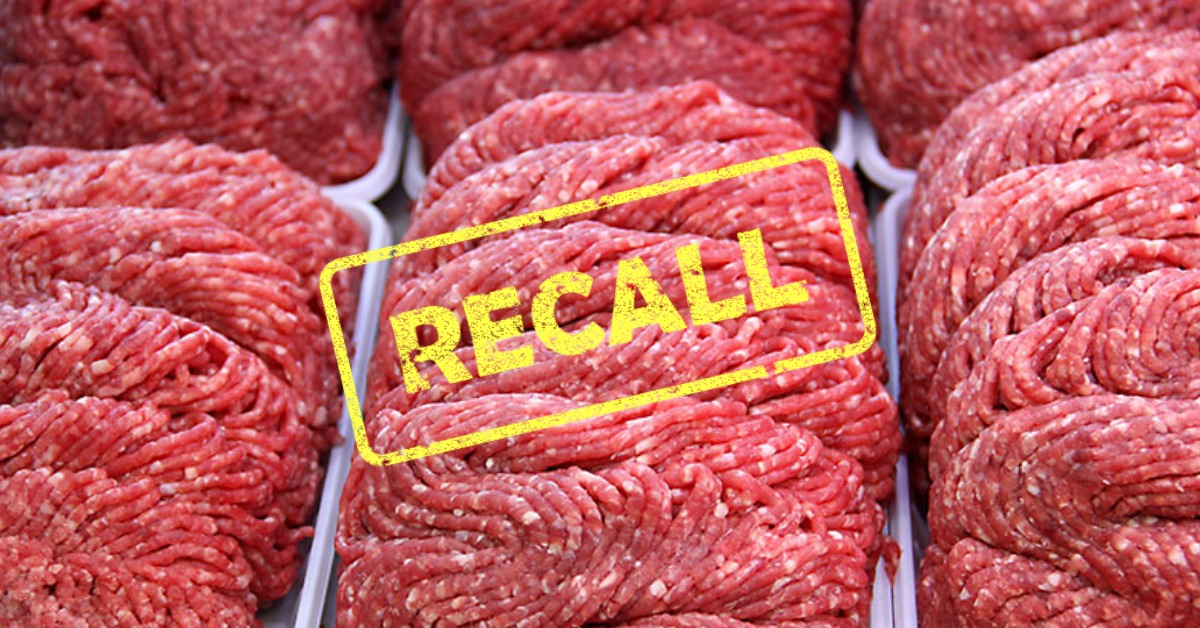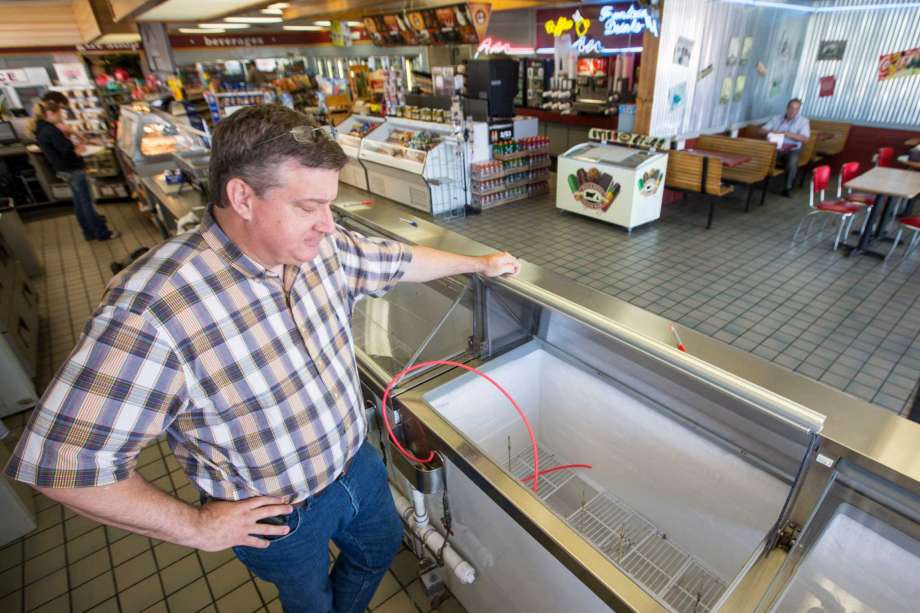Spring is finally here and summer is just around the corner. As a kid this was my favorite time of the year, besides school ending for summer vacation, it was the season of BBQ’s and ice cream. Who doesn’t like ice cream? The average American consumes 48 pints of the delicious treat each year and they consume more ice cream during the summer months than the rest of the year combined.
It is also the favorite time of the year for ice cream makers as they watch their products fly off the shelves. However, not all ice cream makers will be experiencing happiness this summer as some recently were forced to pull their inventories from store shelves. Blue Bell Creameries LP, the maker of Blue Bell Ice Cream, and Jeni’s Splendid Ice Creams LLC both recently found traces of Listeria bacteria in their products. In addition to pulling products, both companies have temporarily shut down their plants until they can identify and remedy the problem. These recalls follow fellow Washington based ice cream maker, Snoqualmie Gourmet Ice Cream Inc., who last year removed all its ice creams, gelatos, custards and sorbets from retailers’ shelves after health officials linked two listeria cases at a hospital to tubs of its ice cream.
Listeria is not a laughing matter, in fact it is one of the deadliest food borne pathogens. Listeria is a virulent pathogen that thrives in cool, wet environments, and has previously prompted food companies to shut plants since it is difficult to eradicate even through plant cleanings.
For food producers, a food safety incident can be catastrophic. Not only is it a financial strain on the company, but it can destroy their reputation as consumers lose confidence in their business. A perfect example is the 1993 E. coli outbreak that damaged Jack in the Box’s reputation for many years from which they may never fully recover. Plaintiff’s lawyers also pick up on food safety incidents like sharks sniffing out blood in the ocean, leading to countless of lawsuits filed on behalf of consumers allegedly injured by the contaminated products.
These incidents demonstrate why food producers must take preventative measures to put place and enforce food safety procedures in their facilities. It is not enough to just have safety procedures in place for the manufacturing process, companies must also address transportation and storage of their products. This is no longer an option as the proposed rules under the Food Safety Modernization Act (FSMA) focus on the storage and transportation of products, including loading and unloading operations, transportation, packaging and bacterial testing.
There are many producers, both domestically and abroad, that are not yet prepared for FSMA’s requirements to take effect or for the audits that will be required. Training and preparation for audits and inspections will be the key to success of any program. FSMA is a game changer as this training must be targeted at all levels, from the corporate offices to floor managers. If your food company hasn’t already begun the process of implementing the processes and procedures under FSMA it should consider doing so now. The final rules are scheduled to be issued later this year.




